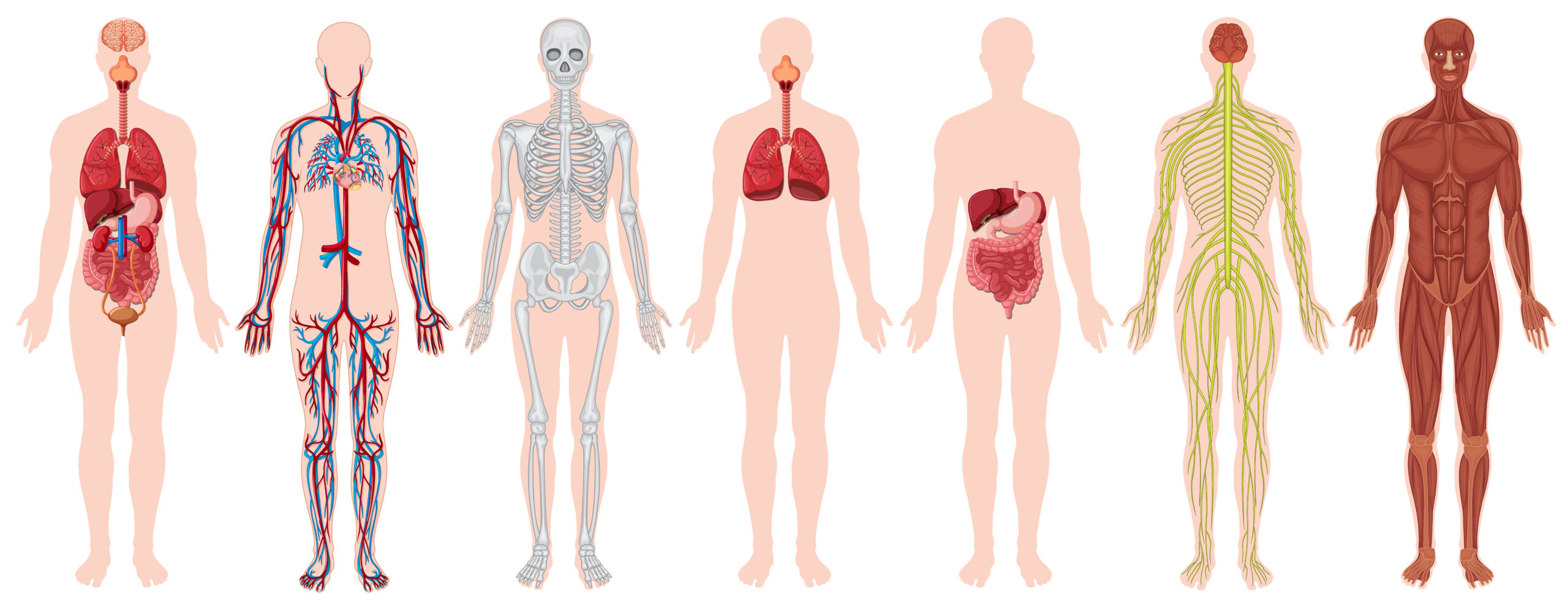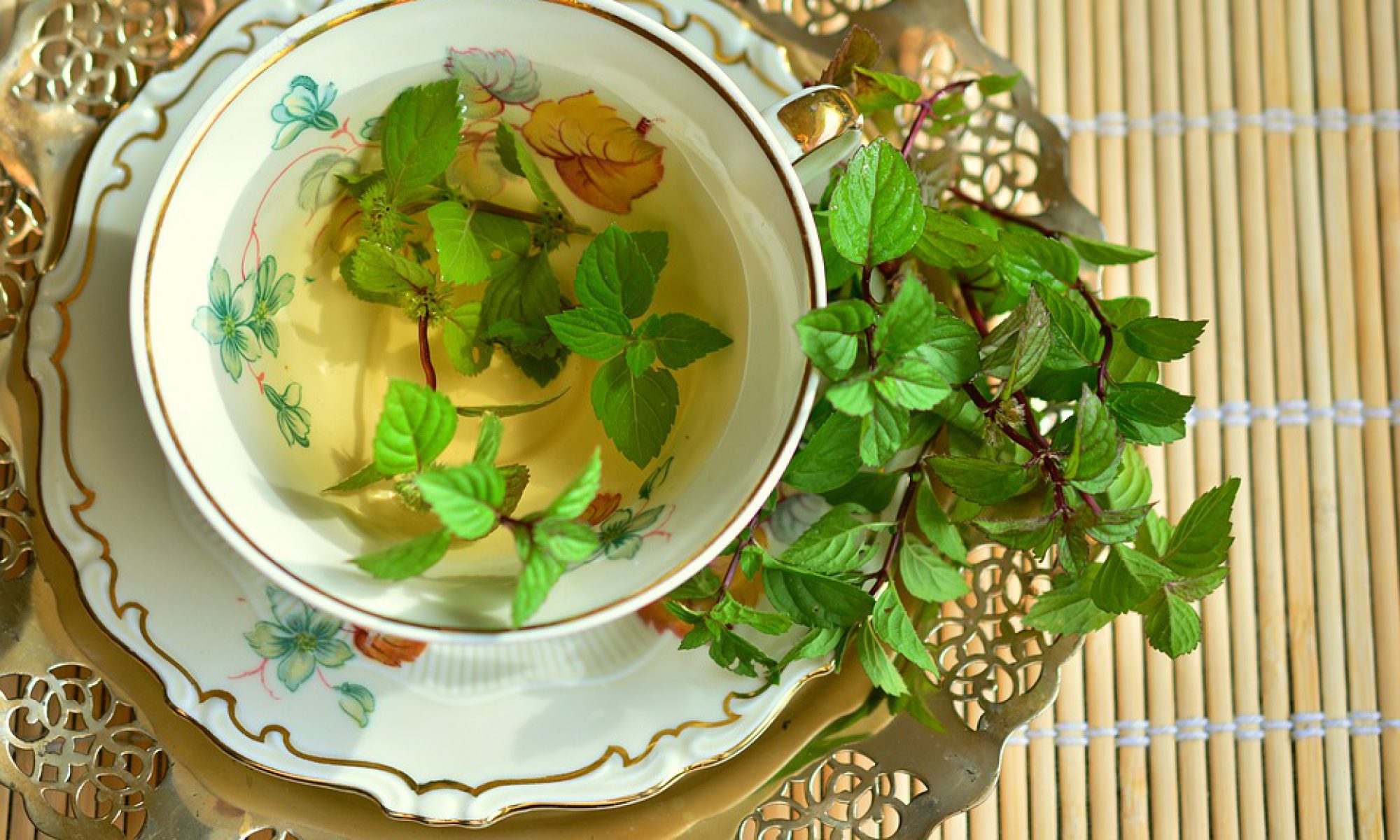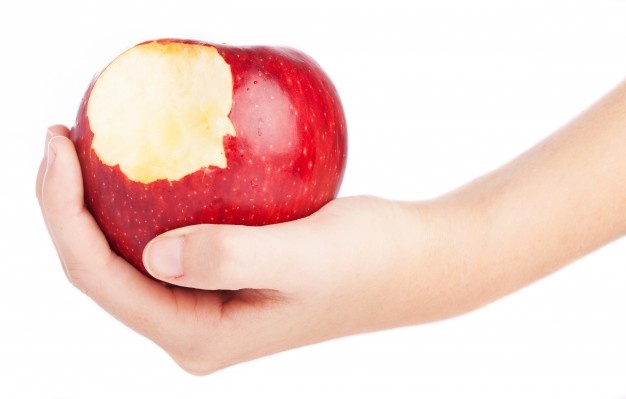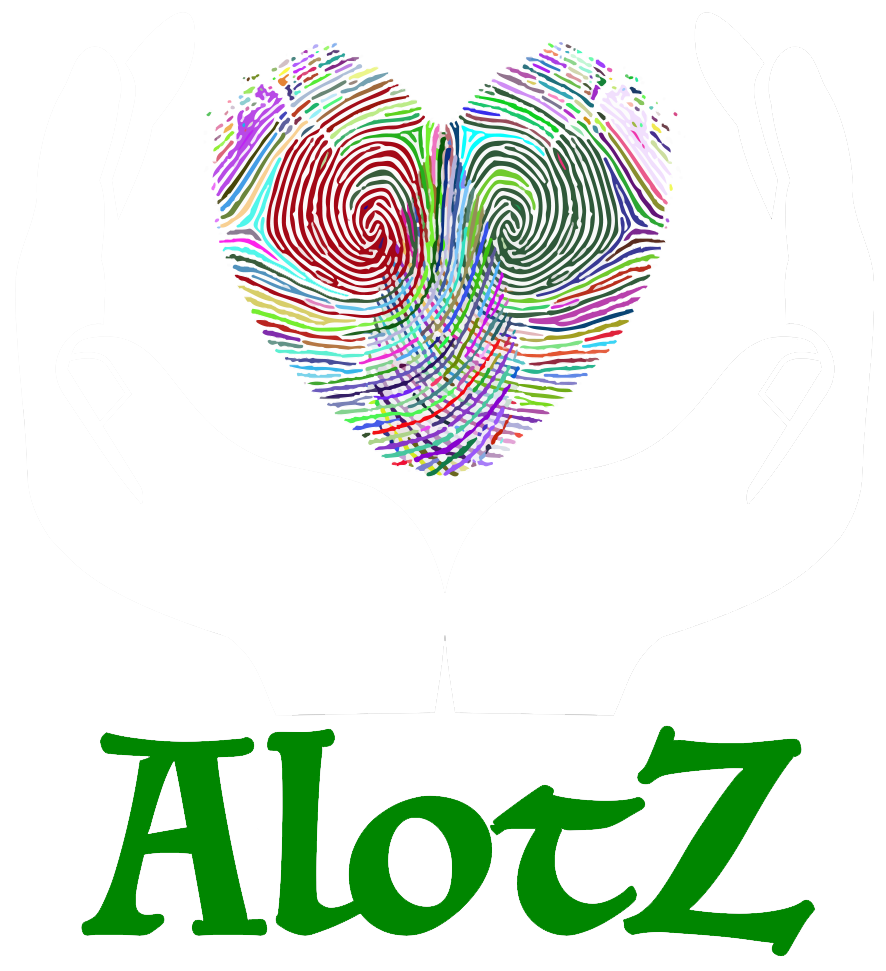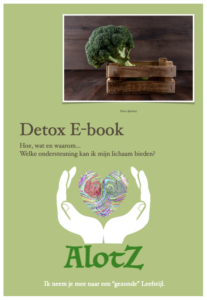“We gaan met z’n allen Q10en”
In de jaren 1980 en 1990 werd er veel marketing gedaan over Q10. Wat is Q10? Wat zijn de functies?
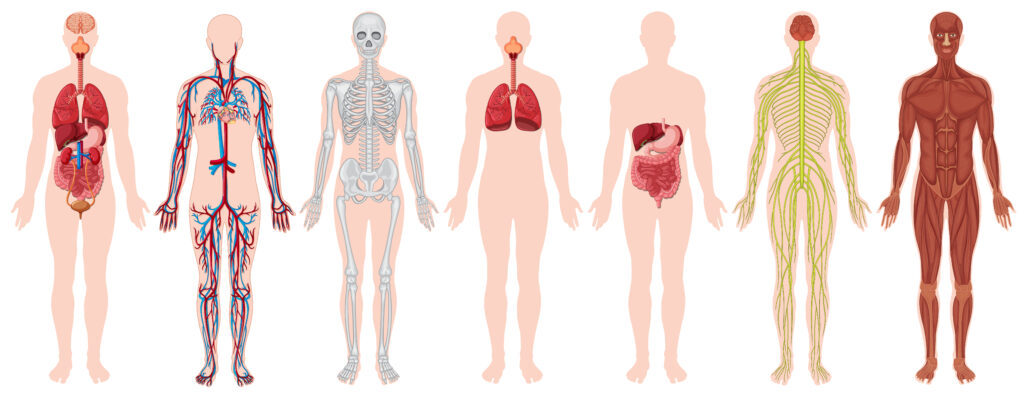
Set of human body and anatomy illustration <a href=’https://www.freepik.com/vectors/bone’>Bone vector created by brgfx – www.freepik.com</a>
Q10 is eigenlijk “co-enzym Q10” de actieve vorm is Ubiquinol. Ubiquinol is afgeleid van het woord Ubiquitous en dat betekend: “Die overal bestaat of wordt aangetroffen.” Dus co-enzym Q10 is in elke cel en in elk deel van het lichaam. Lees verderop voor de functies. Ubiquinol is geen vitamine maar een co-enzym dat in 1957 werd ontdekt door Fred L. Crane. Het is een lichaamseigen antioxidant en beschermd de cel. Het is ook een co-factor in verschillende belangrijke omzettingsstappen in de cel, met name bij de energie omzetting.
Het komt in grootste hoeveelheden voor in:
- hart
- lever
- spieren
- hersenen
- alvleesklier
- zenuwstelsel
Veel vitaminen zijn een voorloper van een co-enzym. Een co-enzym maakt dat een enzym een chemische reactie kan laten plaatsvinden. Als een soort kettingreactie werken deze processen. Je kunt je voorstellen als er bepaalde componenten niet of nauwelijks aanwezig zijn, dat deze ketting verbroken wordt. Een co-enzym functioneert in de cel als een aan/uit schakelaar.
Een aantal kerngegevens op een rij:
- Ubiquinol is in vetoplosbaar (liefst gecombineerd met omega 3)
- dierlijke bronnen: orgaanvlees, vette vis en gevogelte
- plantaardige bronnen: noten en donkergroene bladgroente [met name broccoli, spinazie en sojabonen]
- kan behoefte aan bloedsuiker verlagende een bloeddruk verlagende medicatie verlagen
- 150 mg Ubiquinol (actieve vorm)= 1200 mg Ubiquinon (geoxideerde vorm) [6-10x hogere biologische beschikbaarheid met actieve vorm]
- statines, betablokkers, anticonceptiepil, diuretica hebben een afbrekende werking op aanmaak Q10
- Hoe meer oxidatieve stress, des te lager de ratio tussen ubiquinon en ubiquinol.
- Ubiquinol van Kaneka heeft een GRAS status. (generally recognised as safe)
- Een lagere dosering ubiquinol omdat het een actieve vorm is.
De functies van Co-enzym Q10, Ubiquinol:
- regulerend effect op het hart
- energie in de mitochondriën (hart, spier, nier, lever)
- Verbetering doorlaatbaarheid celmembranen
- ontstekingsremmend
- weerstand ondersteunend (verhogend)
- verminderen bijwerkingen chemokuren en andere medicatie
- zenuw beschermend
- ondersteuning van de leverfunctie
- verbetert prestatievermogen bij sport
- in het lichaam vooral gebonden aan LDL
- tegen vermoeidheid (muizen studie ubiquinol 150% toename tijdsduur rennen in het rad, ubiquinon 60% toename tegenover geen Q10 toevoeging = lichte afname. bron: nutranews.org)
- huidbescherming tegen de zon, UV schade
- ondersteuning fysieke activiteit (voorkoming blessures, vermindert ontstekingen en melkzuurniveau’s, verbetert atletische prestaties en stimuleert spierherstel
- remming van aderverkalking
- Q10 + selenium halveren het risico op hartaanval (onderzoek zweden Linköping)
- herstel hart-long patienten na reanimatie (leichster ziekenhuis UK)
- Paradontitis vaak tekort aan Q10, kans op beroerte ook groter
- beïnvloeding genexpressie (aan/uitzetten, protocollen van DNA)
Factoren die CoQ10 verlagen in voeding:
- conserveringsmethoden
- Kunstmatige vervroegde rijping (gas)
- Langdurige opslag
- Industriële verwerkingsmethoden
- Verkeerde behandeling thuis (te lang koken, bakken leidt tot 14%-31% verlies)
- en ook het gebruik van medicatie. (statines, betablokkers, anticonceptiepil, diuretica)
- en de leeftijd, na de 35 jaar enorme afname eigen aanmaak Q10
Wanneer gebruik je Q10 als supplement?:
- dyslipidemie
- hypertensie (hoge bloeddruk)
- endotheeldisfunctie
- atheroslerose
- hartfalen
- cardiomyopathie
- metaboolsyndroom &diabetes
- chronische laaggradige ontstekingen
- MS
- niet-alcoholische leververvetting
- neurodegeneratieve aandoeningen
- verminderde vruchtbaarheid
- autisme
- fibromyalgie
- CVS
- migraine
- nierziekten en leverziekten
- astma
- oogproblemen
- kanker
- traumatisch hersenletsel
- langdurige stress
- (top) sporters
- anti-ageing
- mensen die vegetarisch zijn…
ZONDER COQ10 IN DE CEL = CELDOOD!

